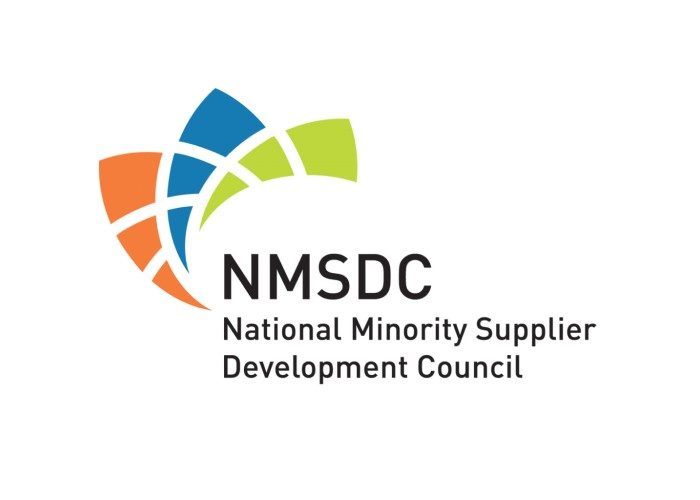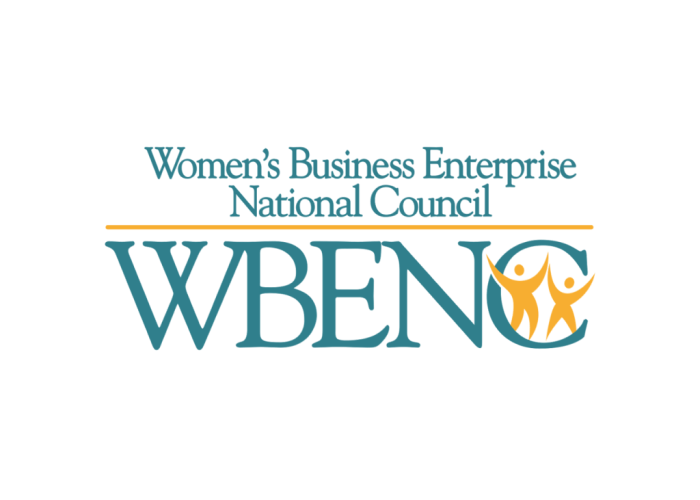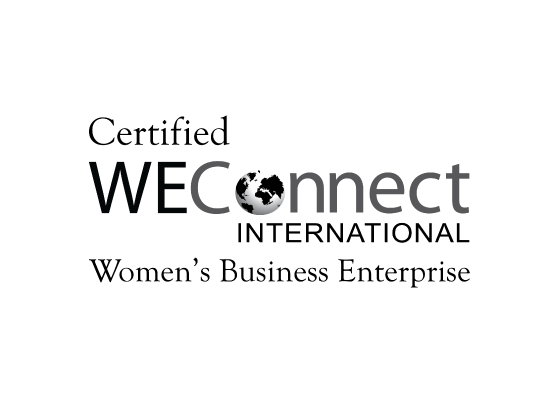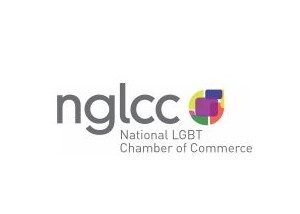-

Diversity and inclusion
Supplier diversity and inclusion
We’re committed to increasing diversity and inclusion in our supply chain
At Standard Chartered, supplier diversity refers to a supply chain that incorporates businesses owned by under-represented individuals or groups – such as women and ethnic minorities, as well as micro and small businesses – and corporations who have strong diversity and inclusion profile, aligning to the principles set out in our Supplier Diversity and Inclusion Standard.
Our aim is to create mutually beneficial relationships with suppliers from all walks of life reflecting the diverse communities and cultures we operate in.
How we work with suppliers
The way we work with our suppliers is guided by our commitment to diversity. We believe in diversity across our footprint and aim to empower diverse suppliers to thrive in our inclusive network. Explore how we champion diversity, and foster innovation through equitable partnerships and sustainable opportunities.

Our standard
Standard Chartered Bank is committed to establishing inclusive sourcing throughout its shared value chain. Our Supplier Diversity and Inclusion Standard forms a critical part of the Bank’s broader Supplier Charter and outlines the minimum requirements and commitments we expect from all our suppliers, to ensure that we can collaborate with them to create an equal marketplace for diverse suppliers.

Our strategy
Our global supplier diversity and inclusion strategy supports economic growth for our communities as well as unlocking greater value from our supply chain. We want to give back where we can, whilst supporting sustainability and making sound business decisions.
Our stories
Creating Impact, Innovation and Inclusion
Insights from our Supplier Diversity Event in Hong Kong.
Empowering Growth through Supplier Diversity
We’re committed to driving sustainable change
Supporting a Path to Innovation and Growth
We’re helping diverse businesses thrive
Helping diverse suppliers succeed
We’re supporting small businesses to thrive.
Celebrating suppliers in Taiwan
We’re working with our diverse supplier network to help them embrace more sustainable ways of doing business.
What we learnt from our first supplier event
Our first diverse supplier event, held in partnership with WEConnect, showed the power of collaboration. Hear fr…
A million minutes: partnering for inclusion with ConnectHear
Sign language training from ConnectHear has helped Standard Chartered colleagues in Pakistan reduce barriers. Bu…
Our partnerships
We work with NGOs, business incubators and others to help build and develop our diverse and talented supplier pool.
How we define diversity
Please be aware that some of the content contained herein is not applicable in the United States. For information related to Suppliers in the US, please contact supplychain.sustainability@sc.com



